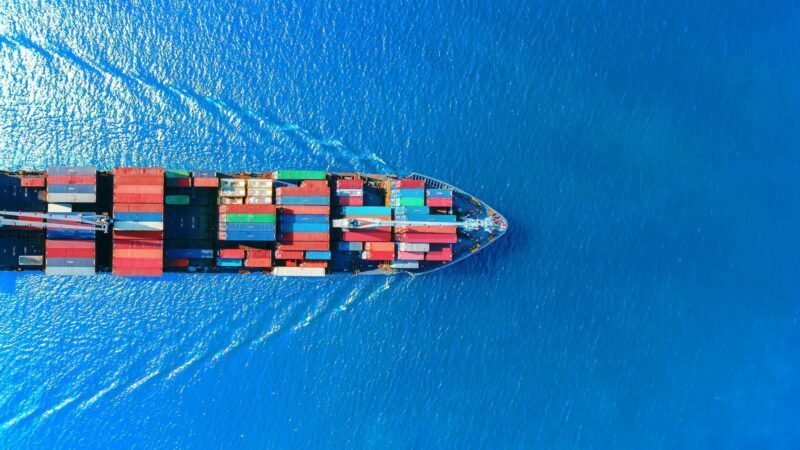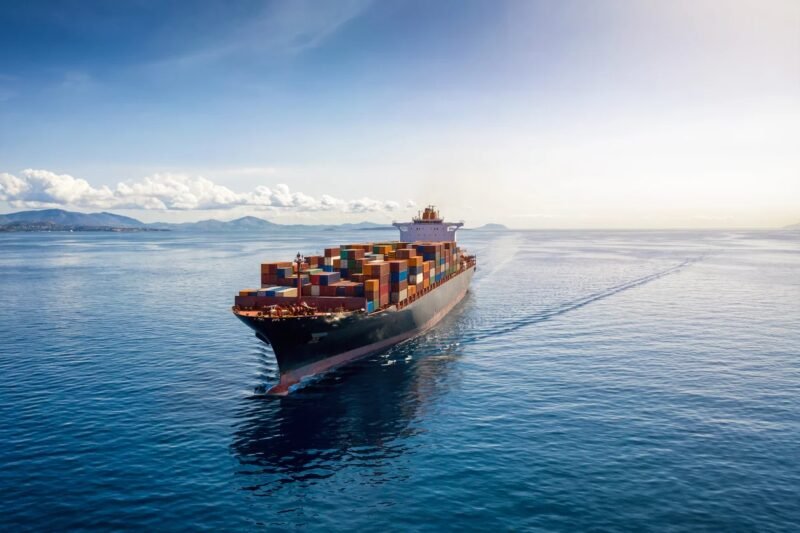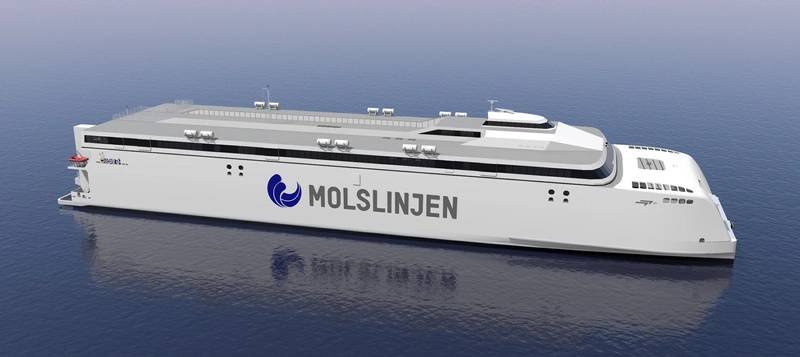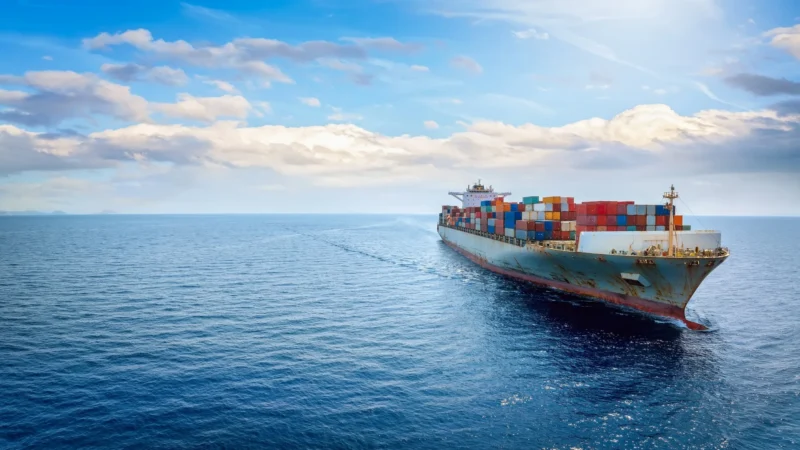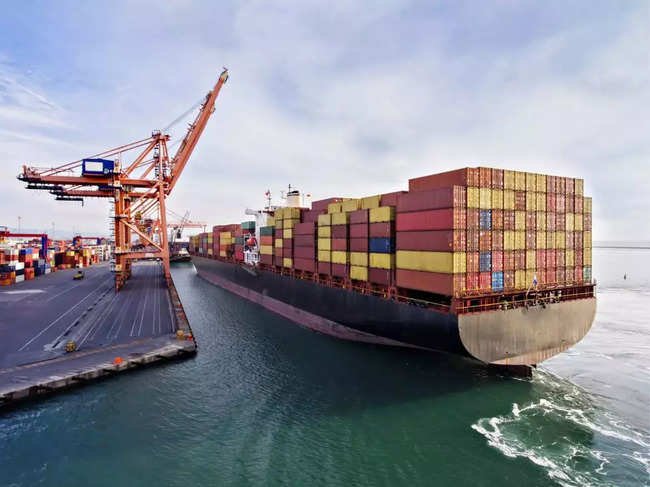A new report from technology group Wärtsilä suggests that the price difference between sustainable marine fuels and conventional fossil fuels could reach cost parity as early as 2035 with the help of decisive policy action. This potential narrowing of the fuel cost gap could be a significant breakthrough for the shipping industry, which is striving to reduce emissions to meet new regulations and environmental targets. The report emphasizes that emissions policies, such as carbon taxes and emission limits, will be crucial in achieving this goal.
With shipping currently contributing 2% of global emissions and potentially rising by over 45% by 2050 if no action is taken, the International Maritime Organization (IMO) has set a 2050 goal of achieving net-zero emissions. Wärtsilä’s report estimates that existing decarbonization solutions could reduce up to 27% of emissions, with sustainable fuels playing a key role in eliminating the remaining 73%. The report also highlights the importance of clear demand signals for sustainable fuels and recommends crucial policy measures at both industry and individual operator levels.
Wärtsilä’s President of Marine, Roger Holm, stresses the need for industry-wide coordination, policy changes, and the development of sustainable fuels to achieve net zero in shipping by 2050. The report calls for clear, internationally agreed pathways to phase out fossil fuels, global industry standards for carbon pricing of shipping fuels, and increased global cooperation. Holm also emphasizes the role of smaller operators in developing zero-emission shipping, suggesting that measures to improve fuel efficiency and invest in fuel flexibility can deliver immediate returns while reducing emissions and operating costs.


